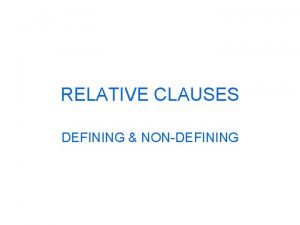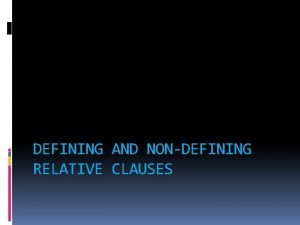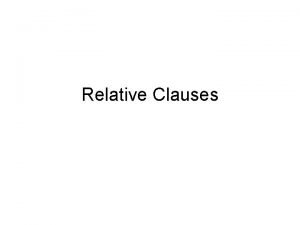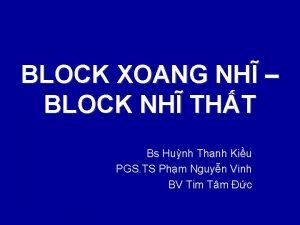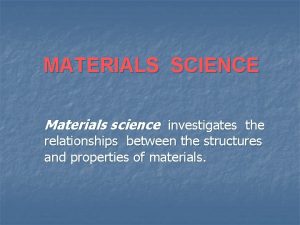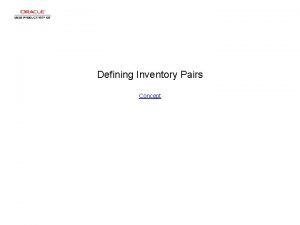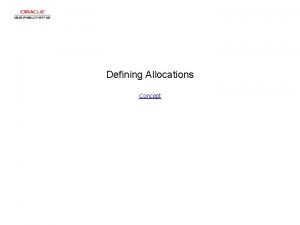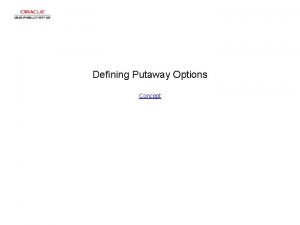Defining Nutrition is the science that investigates the







- Slides: 7

Defining Nutrition is the science that investigates the relationship between the bodies physiological functioning and the essential elements/ nutrients we consume. n Nutrients include: macro and micro n – carbohydrates, fats, proteins – vitamins, minerals and water – alcohol

What’s the difference between Hunger and Appetite? n n Hunger - the physiological need to eat – Appetite - the desire to eat - more mental The hunger response is controlled by the brain. Once there is a decrease in nutrients or water in the blood, hormones are sent to the hypothalamus that signals the hunger response = an increase in stomach contractions and secretions = hunger pains / gurgling sensations. When our body craves food and is hungry - it is letting us know that we need to take in calories to produce nutrients and energy.

Factors that prompt us to eat. When, What, Why & How much § Sensory Perception n n n Religion and Family Social pressures Convenience Size and color of the plate Economic Sautés Stress n n n Emotional Status Boredom Time of day Psychological conditions Cultural factors Pleasure Feeling Ill / Comfort foods

What is a Calorie? A unit of energy that indicates the amount of energy we obtain from a particular nutrient. n 1 kilo/calorie equals the amount of energy it takes to: increase the temperature of 1 m. L of water 1 degree Celsius. n

Macronutrients n Carbs, Fats/Lipids and Proteins all have calories therefore they produce energy – Carbs - 1 gram of carbs contains 4 calories – Proteins - 1 gram of protein contains 4 calories – Fats/Lipids - 1 gram of fats/lipids contains 9 calories – Alcohol - 1 gram of alcohol contains 7 calories

Micronutrients n Vitamins, Minerals and Water – They do not contain any calories, therefore they do not provide any energy to the body. – They promote and regulate body functioning.

How much should we eat? The total amount caloric intake depends on variables such as: body size / age / activity status and lifestyle. n Average Men = 2000 – 2500 per day n Average Women = 1500 – 1800 per day n n Wt. x activity level = total calories per day
